When most people think of risk, they don’t consider it the possibility of an undesirable event occurring. They consider it a probability! Why do we make that subtle shift and give support to the idea that risking will always result in loss?
As children, you were warned against all sorts of dangers by your parents and others who meant well. How many times were you told “Don’t cross the street by yourself. You’ll get run over”? Not that you might possibly get run over, but that you would likely be history! This leads to a pattern of avoiding anything which is unfamiliar or is not accompanied by an obvious escape route. Often, it leads to the implementation of tremendous amounts of structure in your life as you mature. You are resistant to change because change is always accompanied by the risk of the unknown.
This is unfortunate because too much structure leads to rigid thinking and a boring, uneventful life. To have diversity and serendipity in your life, there must be creative juices flowing. However, too much creativity without some structure leads to chaos. So, there must be a balance of the two. This is true of any risky venture as well.
How would you define risk in terms of your business life? More important, let’s determine what it isn’t. It isn’t seizing upon an idea and jumping in feet first. It requires structure and creativity. First comes the idea. For example, you decide that your business needs to be reorganized because the current organizational model isn’t working. Your production is mediocre, and the staff members are not contributing any more than is absolutely necessary. So, do you just go in on Monday with a new organizational chart, inform everyone of the changes, and walk away? If you try this, you would be putting risk into the probability category for sure.
Developing a Course of Action
If you want to risk making a change, you must develop a course of action based upon the results you desire. If you only know that you don’t like what you have and want something different, you are taking the biggest risk of all!
You Have to Set Clear Goals
These goals can include organizational styles, production levels, interactions, as well as communication and motivational levels. It should include everything you consider important to the vision you have of your business. Once you have a clear vision, it is important to recognize at what level your business is functioning at the present. What do you think the problems are? Be specific. These two activities involve creating structure.
You might want to look at it like remodeling a house. You have an existing house with walls and all sorts of in-place connections for plumbing, electrical, and so on. You don’t want to move or tear down the house. You want to remodel. So you will have to deal with some of the elements that currently exist and decide how you can improve them.
You Use Your Creativity to Actually Develop a New Plan
You develop a plan that incorporates all the elements necessary for your business to reach the goal.
Your plan does these things:
- addresses the problems that currently exist
- establishes new functional relationships - better to use the skills of the personnel and to develop a sense of cooperation rather than subordinacy
- streamlines the overall process and increases production without increasing overtime.
Risk Always Requires Courage
You have now balanced the elements of structure and creative function. You are focused on the end result you desire. You have gathered the forces of the others who must support this idea. Is the implementation of this plan a risk? Of course it’s still a risk! Change of any kind is a risk. The process of balancing structure and creative function does not remove the risk factor. It simply ensures that the risk remains in the realm of possibility rather than being highly probable. That’s the best handicap you’re going to get.
Remember how exciting it was at the circus to watch the trapeze artist who flew without a net? Imagine the courage it took for him to slip his fingers off that bar with no net and his colleague’s fingers just out of reach. Even though he had practiced for many hours with a net, when the lights went up, he had to be willing to trust the structure created by his practice and the creative function of his own abilities to lead him to success without a net.
To experience an invigorating life — personal or business — we must that same type of courage. The Old French origin of the word “courage” means mind, heart, and spirit, and it is from these places that structure and creativity emerge.
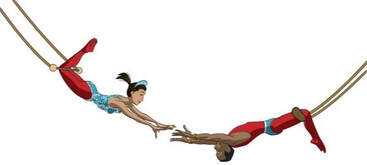
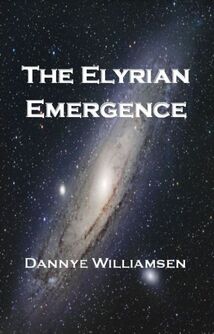


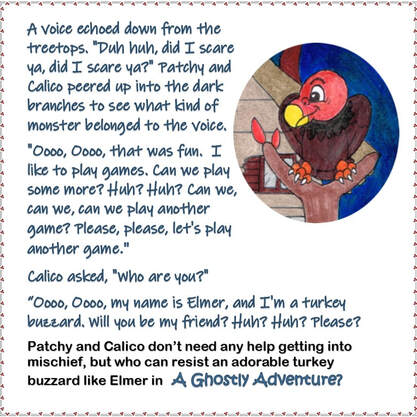
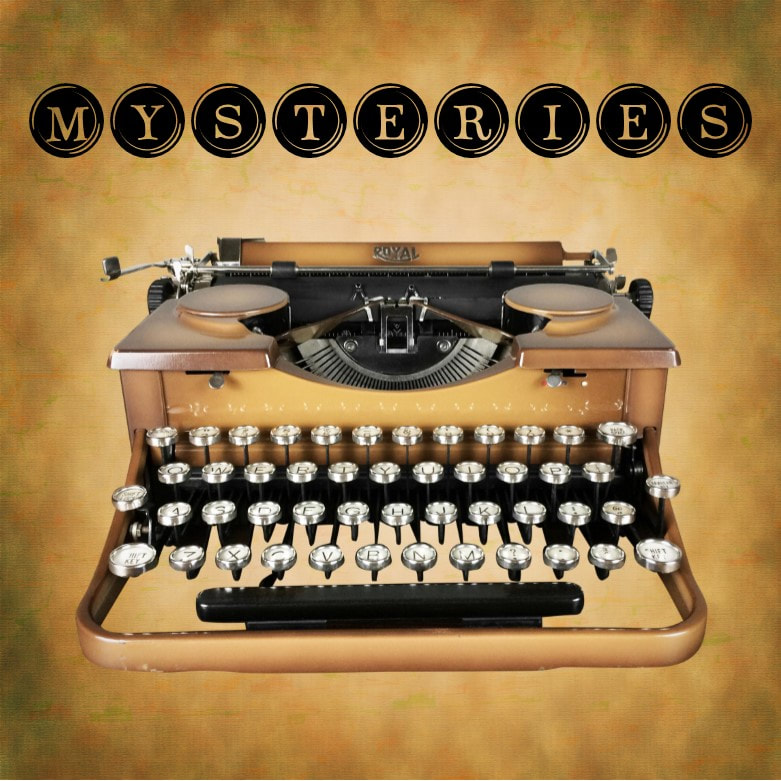
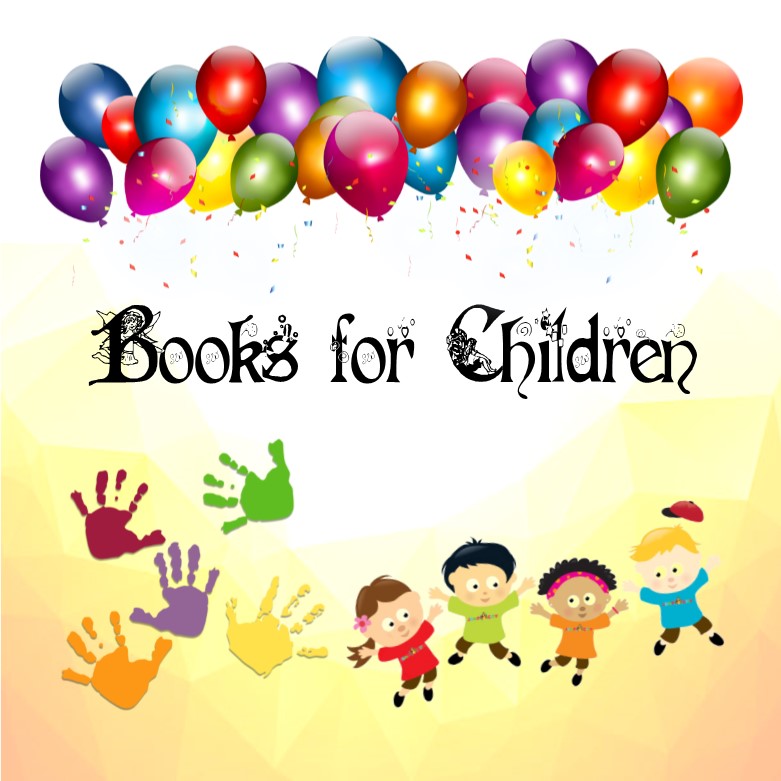
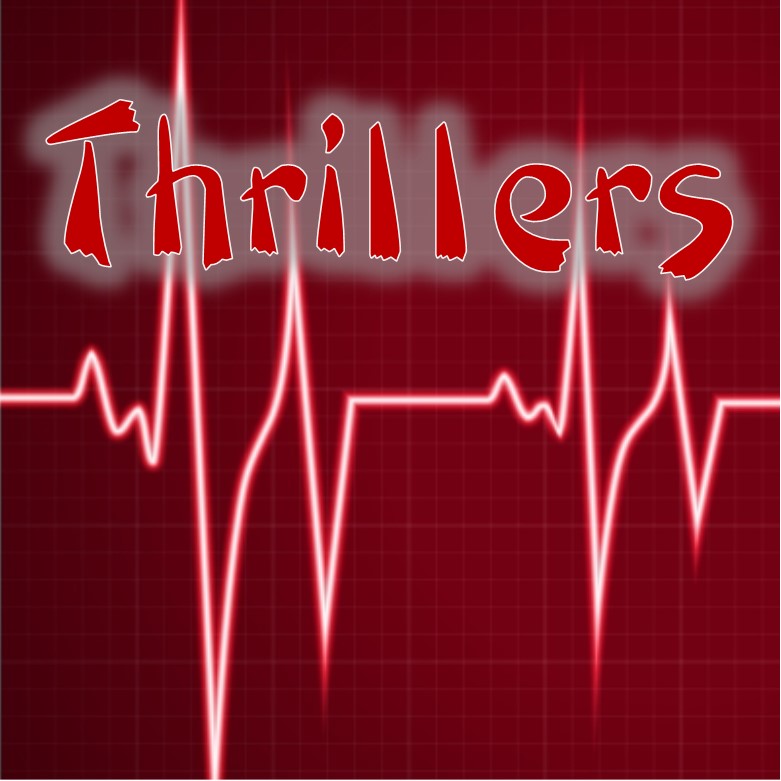
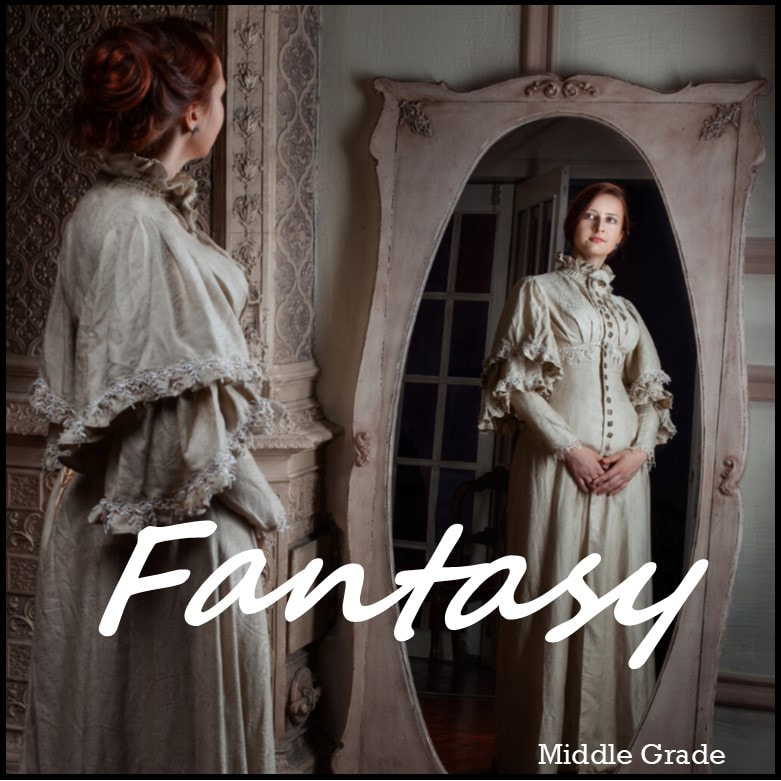

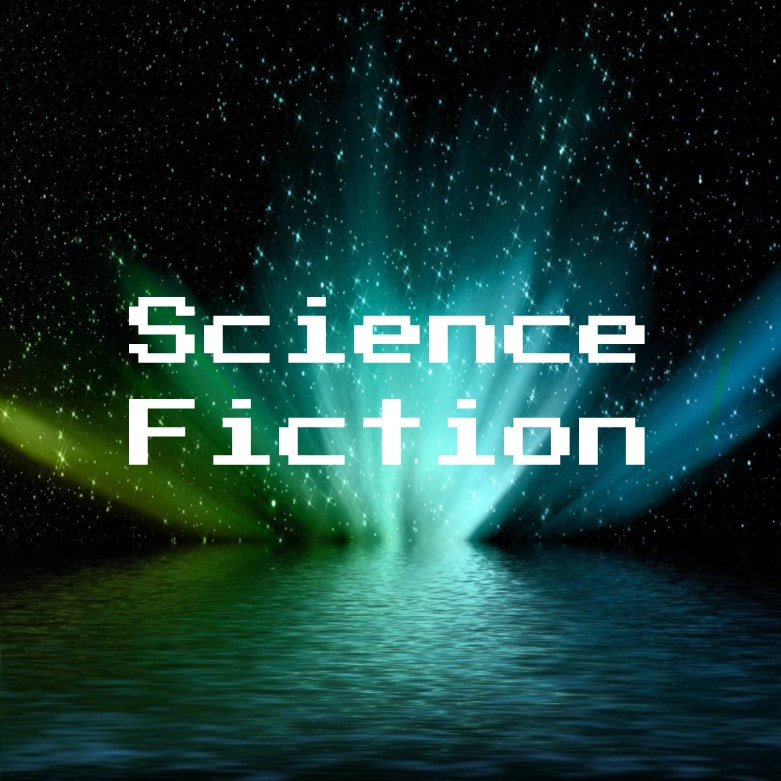
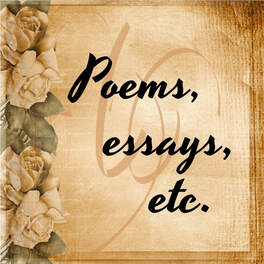
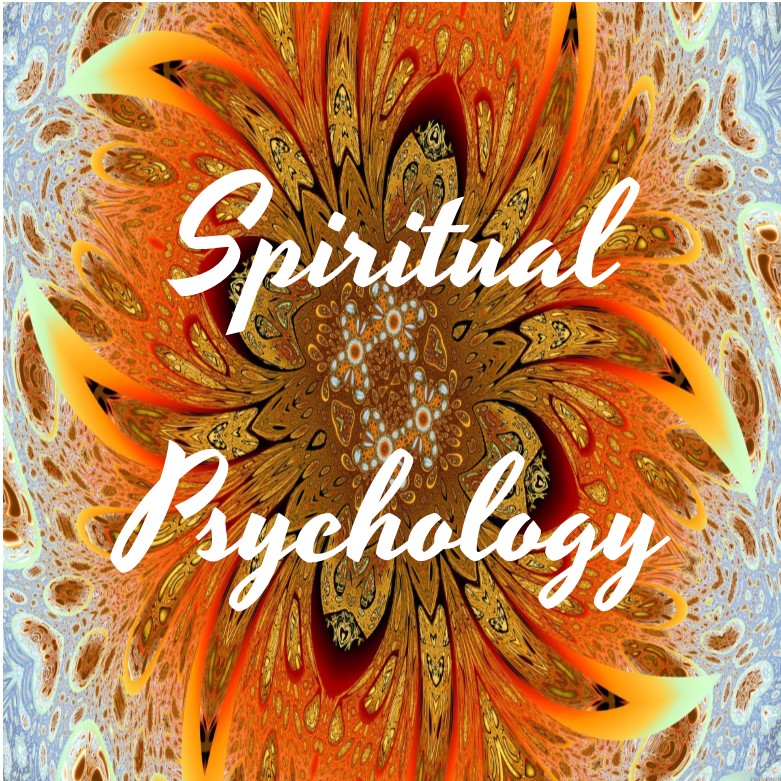

 RSS Feed
RSS Feed